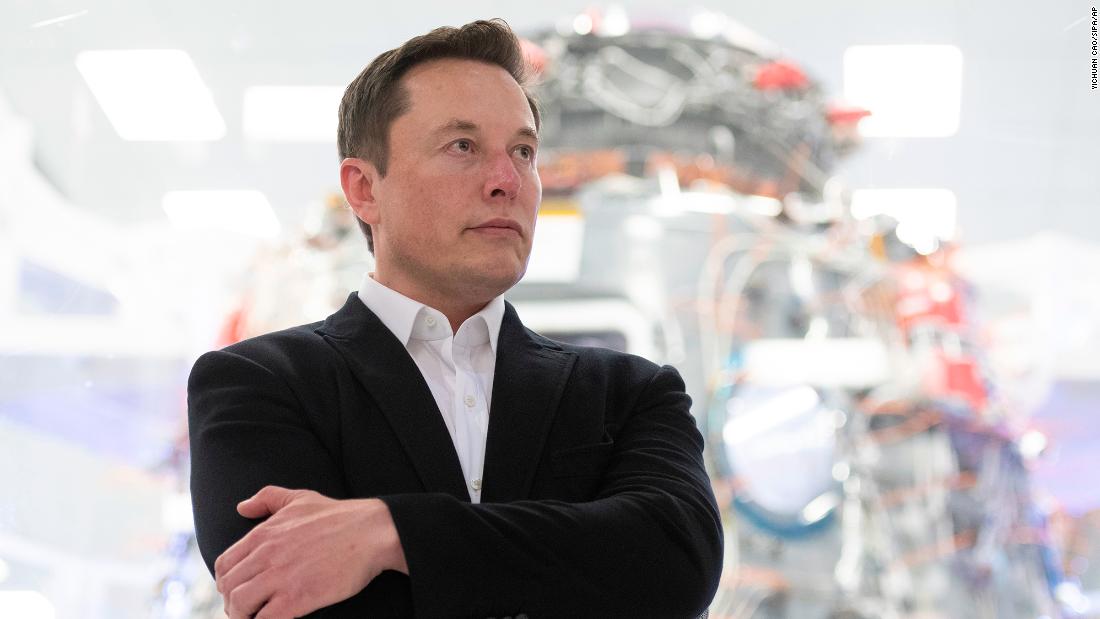
That cryptic proposal is vague enough to keep people guessing about what Musk has in mind but specific enough that it offers several possible paths as he looks to shape Twitter more to his liking.
For example, Musk could seek to require real names on accounts. Or perhaps he may continue to allow pseudonyms but require photo identification, or integration with third-party services where users are already known.
Depending on the outcome, the plan could have big ramifications for Twitter’s hundreds of millions of users.
Musk’s drive to “authenticate” Twitter users stems from one of his biggest pet peeves with the platform: spam accounts, particularly those that push cryptocurrency scams. It’s often not hard to find these accounts lurking in the replies to Musk’s tweets; many even attempt to trade on his celebrity and lure the unsuspecting by impersonating him.
Musk’s diagnosis may reflect the experiences of a very particular type of user, but it so happens that this user will soon control the design of the platform. As part of his solution for battling cryptocurrency bots, Musk wants to make it easier to separate real from fake accounts under his proposal to “authenticate all real humans.”
Whatever method he chooses, York and other experts said Musk is likely to run into challenges that fall into two main categories: access and privacy.
Access is about ensuring that all people who wish to use Twitter can get on the platform. With a system that ties accounts to credit cards, for example, York said Twitter would risk excluding all those who don’t have them. Maybe they’re too young to have a credit card or they have poor credit and can’t get approved. Maybe they don’t like having their credit card transactions traded to data brokers or they just prefer using cash for cultural reasons. Tying authentication to consumer credit would “exclude millions of people,” said York.
The privacy issue is particularly worrisome to human rights groups, said Natalia Krapiva, an attorney at the digital rights group Access Now, “especially for people in countries like Russia and others where individuals get severely persecuted for criticizing the government or covering important political events like the protests, corruption, or the war in Ukraine.”
This points to how complex it can be to translate a simple-sounding principle such as “authenticate all real humans” into a functional product feature. The issue isn’t the goal or the motivation; it’s that humans are complicated creatures with personal circumstances that rarely fit neatly into boxes.
After years of trial and error, tech platforms have already developed important lessons about user authentication that could benefit Musk, said York.
“If he merely means things like CAPTCHAs, I think he’s in for a surprise,” said York. “He’s talked a lot about how he’ll get rid of bots, but Twitter’s been trying to do that for years and I think he’ll soon realize it’s not an easy problem to solve.”